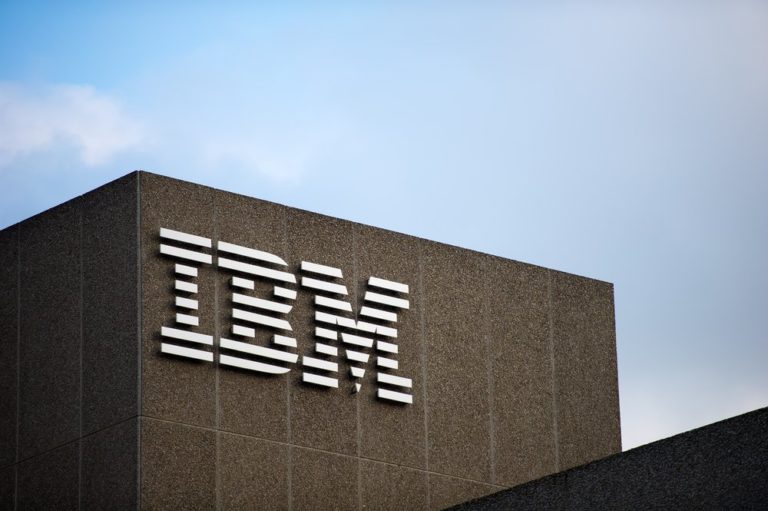Researchers at the IBM Lab in Zurich have unveiled a new project. This is a chemical detection system that uses artificial intelligence (AI) to classify liquids. The system is called Hypertaste.
There are already systems in place that can perform chemical analyses on liquids. These are usually either portable systems that show limited information such as the pH level, or large and expensive systems that are used in laboratories, writes Silicon Angle.
IBM’s Hypertaste has been developed for scenarios where a detailed chemical analysis is required, but it is not possible or economically feasible to send a sample to a lab. Big Blue thinks that the system can be useful for evaluating the quality of rivers, for example.
Operation
Hypertaste works by controlling chemicals with a series of minuscule sensors developed by IBM itself. Each sensor consists of a set of electrodes coated with a special, chemically sensitive polymer. The sensors produce an electrical signal when they come into contact with specific connections.
The polymer layers have been developed by IBM in such a way that they give a unique and easily distinguishable signal for each connection. This allows Hypertaste to combine the results into a detailed chemical profile of a liquid.
The information is not processed by Hypertaste alone. The device sends its measurements to a cloud-based analytics environment. There, a machine learning model compares the analysed liquid with a database of known chemicals. The algorithm determines the best matches and sends them to an app located on researchers’ smartphones.
Versatile
According to Big Blue, the system comes with a lot of advantages. This means that the entire process takes less than a minute. This makes it a portable device that also works fast.
Hypertaste is also versatile. The chemical analysis is done by a cloud-based model, so that only the algorithm needs to be adapted or updated to recognize a new set of liquids.
According to IBM, sensors can also learn from each other by sharing information about new liquids they encounter.
This news article was automatically translated from Dutch to give Techzine.eu a head start. All news articles after September 1, 2019 are written in native English and NOT translated. All our background stories are written in native English as well. For more information read our launch article.